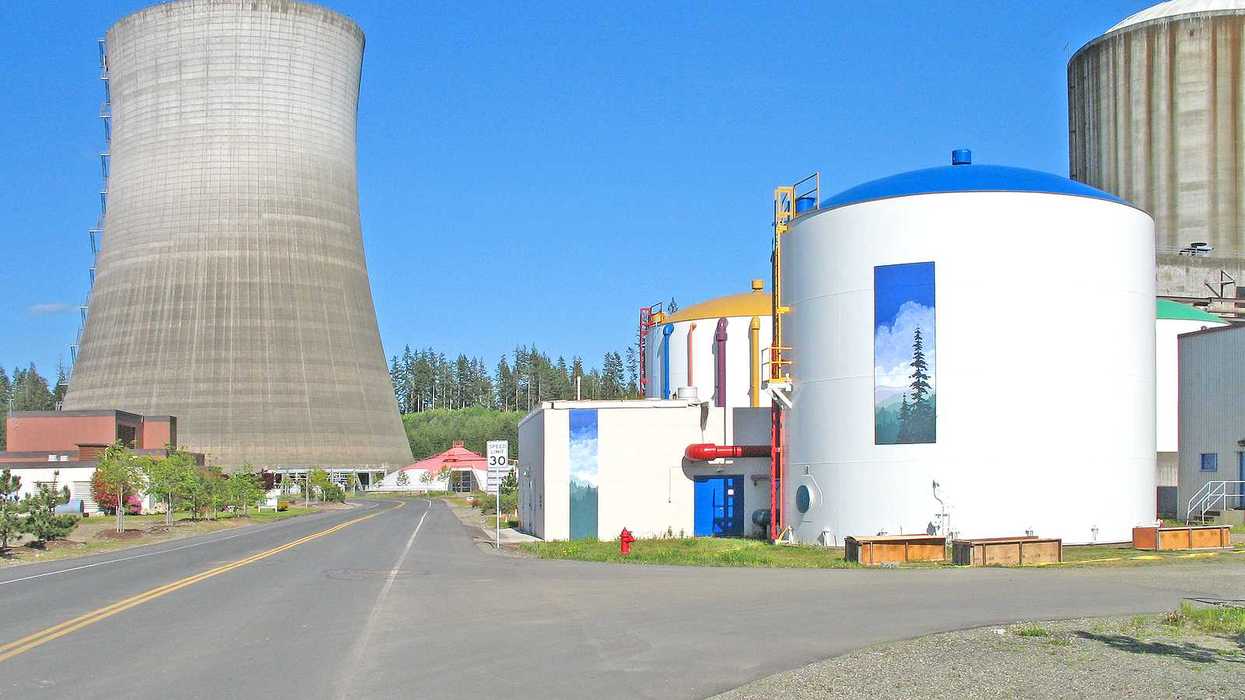Cancer rates are rising in adults under 50, with colorectal, breast, pancreatic, and esophageal cancers showing the sharpest increases, raising concerns about the role of diet, gut health, and environmental exposures.
Raphael Cuomo writes for The New Lede.
In short:
- The rise in early-onset cancers is not solely due to better detection; these cases are increasing in number and severity.
- Ultra-processed foods, which now make up more than half of the average American diet, may contribute by disrupting gut bacteria and increasing inflammation.
- Exposure to endocrine-disrupting chemicals in food packaging and consumer products may also be fueling cancer risk.
Why this matters:
Cancer is increasingly affecting younger adults, upending the assumption that it is mainly a disease of aging. Scientists are focusing on diet, gut microbiome disruptions, and environmental toxins as potential causes. Ultra-processed foods, rich in additives and poor in fiber, may play a direct role in tumor development, while endocrine-disrupting chemicals found in plastics and food packaging could further increase risk.
This shift in cancer demographics is forcing public health officials to reconsider long-held assumptions. Traditional screening guidelines, designed with older populations in mind, may no longer be adequate, and as more evidence points to lifestyle and environmental factors, questions are mounting about whether modern living itself is reshaping disease patterns in ways we don’t yet fully understand.
Related EHN coverage: Laura N. Vandenberg: It’s time to talk about cancer prevention — and the role of the environment














